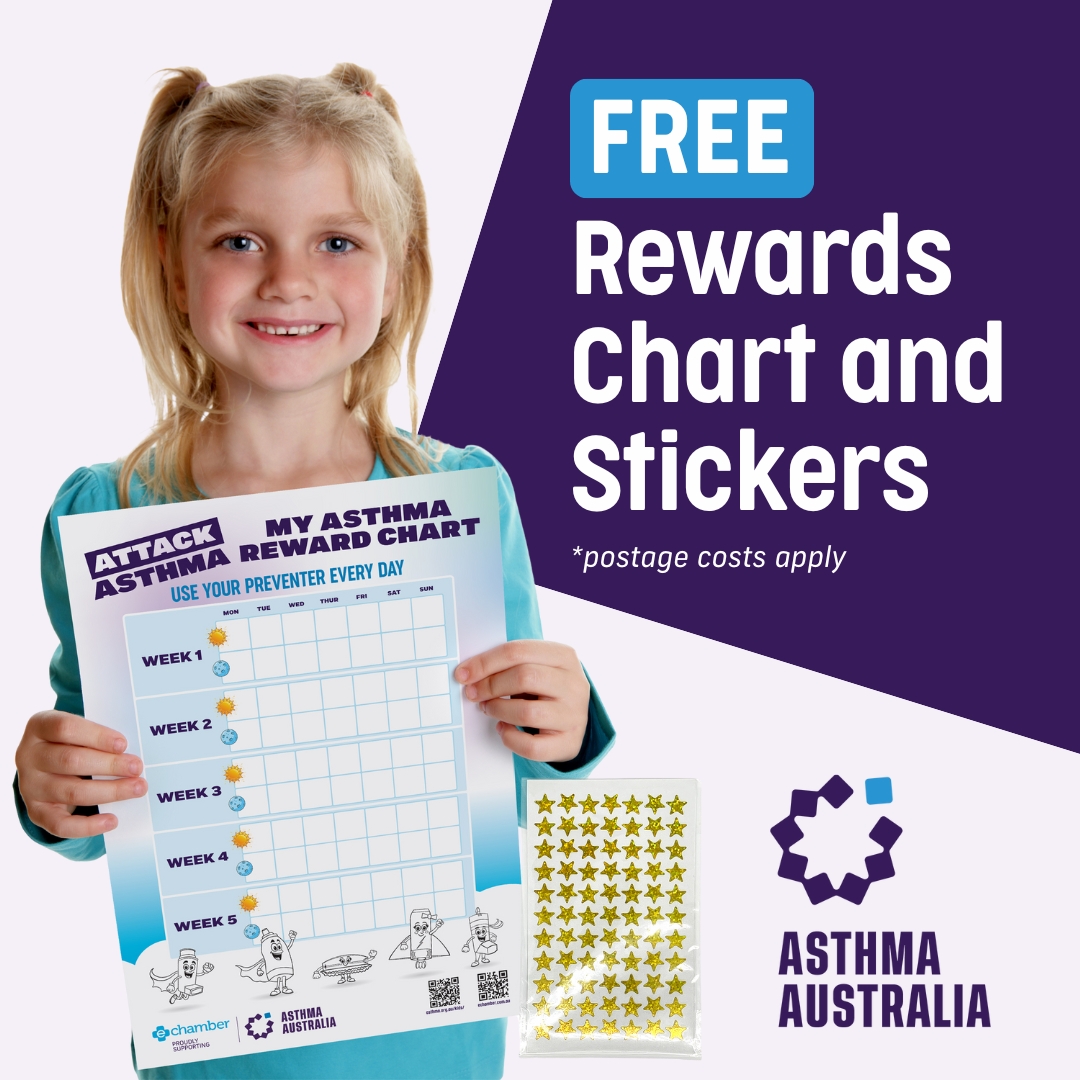Keeping kids safe through immunisation
We know you want to do everything you can to keep your child safe. Protecting them from infectious diseases is something all Australians can do thanks to our access to many vaccinations.
We get vaccinated because that’s how we care for our loved ones and keep everyone in our community well. Vaccination makes it hard for serious viruses to spread.
There are many vaccines that help stop viruses and bacteria from making your child sick. Many are free under Australia’s National Immunisation Program or state-funded vaccine program.
Several viruses have been linked to the development or worsening of asthma. Since respiratory infections can have a significant impact on asthma, it’s important to talk to your doctor about ways to reduce your risk and protect your child. For example, kids under the age of five who have had RSV could be 22% more likely to be diagnosed with asthma. This increases to 27% in kids aged 5-11 years.
A childhood RSV immunisation (monoclonal antibody) is available through state- and territory-managed programs in Western Australia, Queensland, Northern Territory, Tasmania, New South Wales and the Australian Capital Territory. Check with your child’s doctor about their eligibility.
Influenza viruses change every year, so a new flu vaccine is developed annually to protect against the most common strains expected to be seen that year. The flu vaccine is recommended to be given every year, before the start of winter.
Immunisation against infectious diseases |
|
| Who is eligible? (Unless contraindicated) | |
| Influenza | All people* *Over 6 months of age |
| COVID-19 | All adults Many children |
| Whooping Cough | Most people Check your eligibility |
| Pneumococcal Disease | Most people Check your eligibility |
| Respiratory Syncytial Virus (RSV) | Some people Some very young children Pregnant people |
National Immunisation Program
At Asthma Australia we support access to free vaccination to keep the community safe.
To find out what free vaccines your child is eligible for, check out the National Immunisation Program and your state health service. Or, ask your child’s doctor what they should have at their next Asthma Review.
- National Immunisation Program
- Your state health service
- Your local GP










